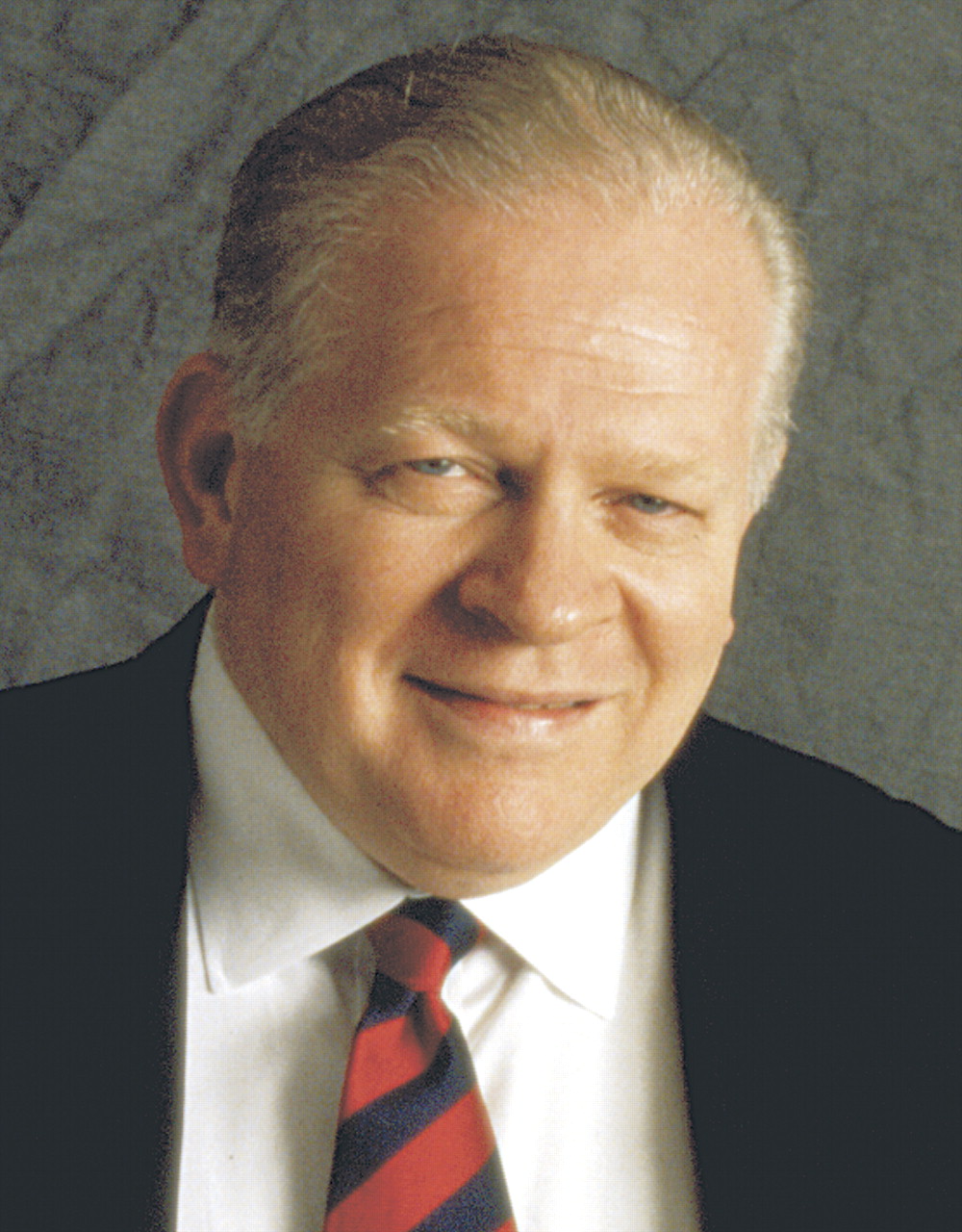Former APA President Harold Eist, M.D., will receive financial assistance from the Association to help in his battle with the Maryland Board of Physicians over patient confidentiality rights. The physician board has fined and reprimanded him for “failure to cooperate” with its demand that he turn over patient records.
Eist had been treating a woman who was involved in a divorce proceeding and her children (Psychiatric News, April 18, 2003).
Her husband filed a suit to gain custody and insisted that his family's psychiatric records needed to be made available as part of that suit. When Eist did not comply, he filed a complaint with the Board of Physicians charging that Eist was overmedicating his wife and children, leaving the wife“ overly psychotic” and the children deteriorating emotionally. When the board informed him that it wanted the records in question, Eist contacted the woman and the children's lawyer, both of whom would not consent to the demand. He told the board of the objections from the mother and the children's lawyer, but the board would not reconsider its demand.
Despite a request by Eist for guidance from the board, the board, after seven months of silence, informed Eist of its medical-misconduct complaint against him without addressing the ethical concerns he raised. After the mother and the children's attorney told Eist they no longer objected to his turning the records over to the board, he did so.
An administrative law judge in Maryland heard the case and ruled in Eist's favor, declaring, “I am convinced that [Eist] followed the only ethical course of action available to him under the circumstances.” Nonetheless, the medical board refused to end the proceedings against Eist, maintaining that it had a right to all of the records it demanded, when it demanded them, and without apparently conducting an evaluation of the need for them.
The case then went to a county circuit court, which ruled that the state's medical privacy law required the board to provide a more detailed and comprehensive justification before it was entitled to medical records in this type of case. APA had filed an amicus brief on Eist's behalf in 2003, concerned about imposition of arbitrary limits on patients' rights to control their medical records.
The court then remanded the case to the administrative law judge who again backed Eist, and again the board declined to accede to the judge's ruling, maintaining that without the records it couldn't investigate the charges against Eist. It also maintained that its responsibility to investigate complaints against physicians represents a compelling state interest that overrides privacy protections.
It reprimanded him, fined him $5,000, and reported him to the National Practitioner Data Bank.
Eist's lawyer has filed an appeal with the Circuit Court of Montgomery County (Md.). APA has given Eist $5,000 toward the cost of the litigation and is considering joining another amicus brief in the case. Eist expects that the appeal will be heard by the end of this year.
The Washington Psychiatric Society, of which Eist is a member, has also been involved, writing letters of protest to Maryland's governor, lieutenant governor, attorney general, and each member of the Board of Physicians charging that Eist is being “persecuted” for his stance on behalf of confidentiality rights.
Eist told Psychiatric News that “if not addressed forcefully, cases such as this, one case at a time, will become a cancer attacking the credibility of our treatments and profession. This is the most important psychiatric standard-of-care issue for patients, even children patients.” In deciding to financially support the case, he added, the APA Board is backing an issue “of national importance.”
In 2003 Eist won a Profile of Courage Award from the APA Assembly for his stance in this case. ▪

